
Advances in the diagnosis and management of SMA include molecular genetic testing and the FDA approval of a disease-modifying therapy.

Advances in the diagnosis and management of SMA include molecular genetic testing and the FDA approval of a disease-modifying therapy.

Suvorexant improved the mean total sleep time by 28.2 minutes for the patients receiving the treatment versus placebo, equating to a mean increase of 73.4 minutes with the orexin receptor antagonist.
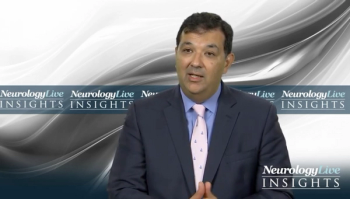
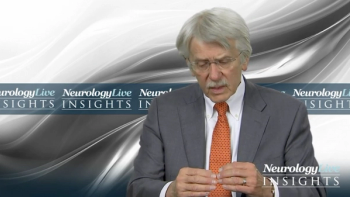
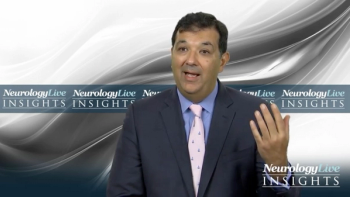
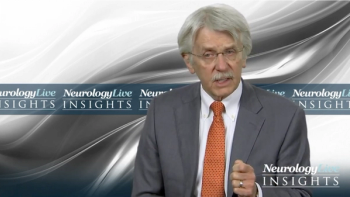

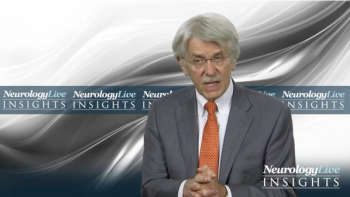
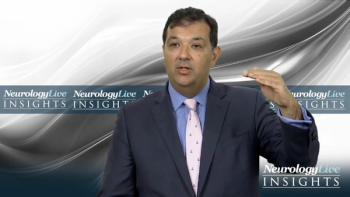
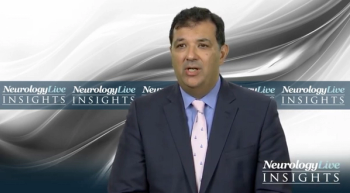

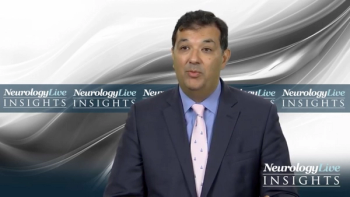

The amifampridine tablets are the first approved therapy specifically indicated for the treatment of pediatric patients with LEMS, a rare autoimmune disorder with neuromuscular symptoms caused by affected nerve connections and muscle weakness.

The chief medical officer of Neurocrine Biosciences spoke about how long-term data on valbenazine (Ingrezza) has helped shape the understanding of the effect tardive dyskinesia can have on patients, and how it can inform better utilization of the medication.
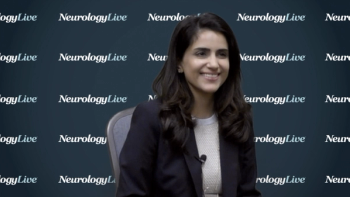
The assistant professor of neurology at Mount Sinai Health System spoke about the recent trend toward approaching migraine in a more holistic fashion, and the incorporation of nonpharmacologic options for patients with the chronic headache condition.

Patients across all dosing groups saw statistically significant and clinically relevant reductions in migraine days during the 12-week treatment period compared with the placebo group.

Enough evidence to support further evaluation in a phase 3 trial in myasthenia gravis has been collected from these new phase 2 data of zilucoplan, formerly known as RA101495 SC.
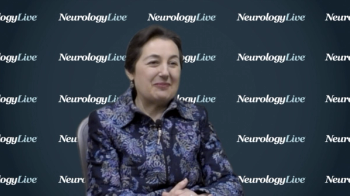
The director of Translational Research and Epilepsy Clinical Trials at NYU Langone spoke about the nuance involved in diagnosing epilepsy and the misconceptions about how seizures present in the majority of patients.

Compared to interferon beta-1a, the reduction of grey matter volume loss was greater in those treated with both doses of the oral S1P receptor modulator across all age groups, including the youngest patients at the highest risk for brain volume loss.
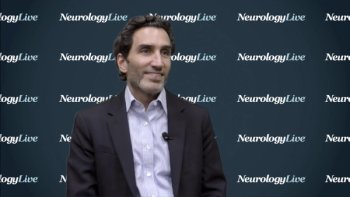
The director of Child and Adolescent Psychiatry at Mount Sinai Health System spoke about the results of the phase 2 study of OV101 (gaboxadol), and the next steps for the phase 3 trial.

The investigators observed a dose-dependent reduction of mutant huntingtin concentration in the cerebrospinal fluid of patients who received HTTRX, supporting the launch of a confirmatory phase 3 trial.
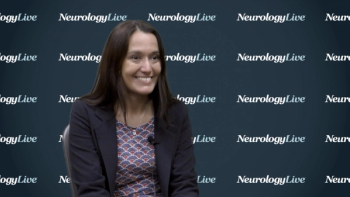
The professor of neurology at the Icahn School of Medicine at Mount Sinai spoke about what’s currently known about medical marijuana’s use, how CBD fits into the conversation, and what research still needs to be done.

Although the primary end point of centrally video-rated TETRAS Performance Subscale did not achieve statistical significance, CX-8998-treated patients showed significant improvements in a number of other measurements.
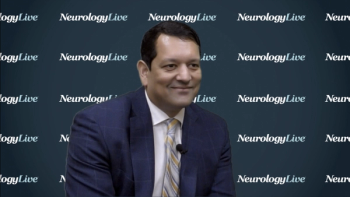
The chief medical officer and head of Research & Development at Ovid Therapeutics spoke about the Visual Analog Scale that the company developed to help better understand the impact that potential treatments have on patients with Fragile X syndrome.
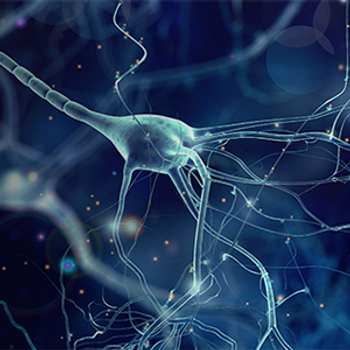
The anti-CGRP drug, which was recently approved for the prevention of migraine in adults, showed significant reductions in weekly cluster headache attack frequency by week 3 in 76% of patients.

New guidelines reflect a growing interest in behavioral treatments and neuromodulation.

A 75 mg orally dissolving tablet formulation of the calcitonin gene-related peptide receptor antagonist met both co-primary end points of freedom from the patient-indicated most bothersome symptom and freedom from pain at 2 hours.

The sphingosine1-phosphate receptor modulator was shown to annualize relapse rates by more than 70% for patients switching from other disease-modifying therapies such as dimethyl fumarate; teriflunomide, and daclizumab.

The medical director of neurology and co-director of the Jane and John Justin Neurosciences Center at Cook Children’s Hospital spoke about what CBD has shown in clinical trials and how it could make an impact outside of Lennox-Gastaut and Dravet syndromes.